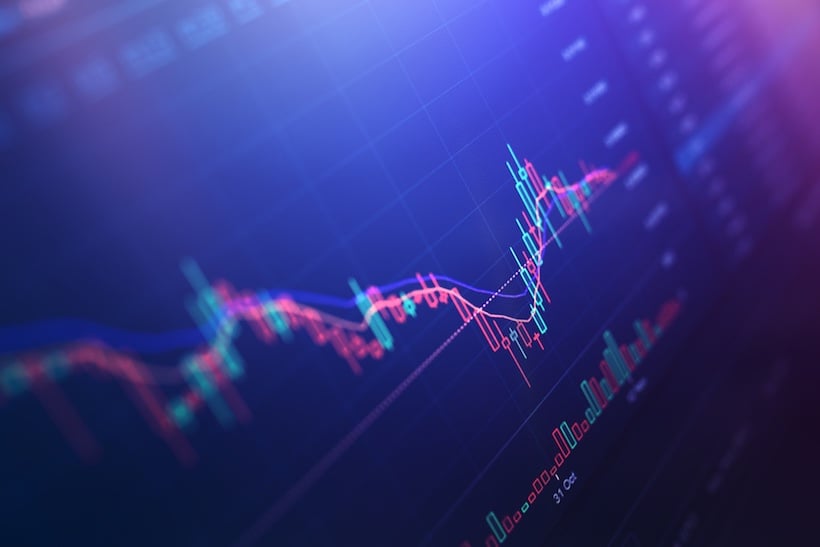For as detailed and nuanced forex can be, it is still some of the most thrilling subject matter there is. After all, the tidal waves of business have implications the world over, so understanding the hidden mechanisms can feel a lot like peeking behind the curtain. To that end, Olympia Trust in Calgary has gathered five facts that you may not know about business currency exchanges.
The UK is the World Leader in Foreign Exchange Transactions
One of the most striking things about business currency exchanges is who is most often responsible for trading foreign currencies. While the US dollar is the baseline currency for wealth around the world, it is not actually responsible for most forex trading. Instead, that right is reserved for the UK, which currently oversees almost half (~40%) of all foreign exchange trades.
Currency Exchange for Business Meets Security Scrutiny
Although there are many ways to transfer and exchange currency, business currency exchanges continue to be a popular choice for moving large volumes of money. But did you know that they meet rigorous compliance standards for security protocols? It’s true. Not only does this alert investors of potential risks, but it helps the exchange’s as well.
Forex Trading Used to be Reserved for the Banks
Indeed, there was once a time where only banks could trade in the forex market. This was before business currency exchanges and private dealers became commonplace, and the buy-in was over $40 million. We’ve certainly come a long way since those times!
The Five Most Traded Currencies Might Not be What You Think
At this time, the five most traded currencies are: Euro, Japanese yen, Pound Sterling, Australian dollar and, of course, the US dollar. Were those the five currencies you were expecting to claim the top spots? It is impressive to see how different countries manage to remain powerhouses on the global stage despite a lack of resources or cultural prescience in the west.
Commodities Were Once Currency
Throughout different civilization’s history, commodities have often become a source of wealth, and sometimes, even a type of currency. A great example of this is how tea was once used as currency in China or how cocoa beans were exchanged for goods in Aztec culture. But, this is actually such a common occurrence that, like all good things, there is even a Wikipedia article regarding the topic. Now that you are all caught up on these fun and interesting facts about business currency exchanges, what do you think we missed? Is there a fascinating factoid that you think should’ve been on our list? Let us know what you think!
